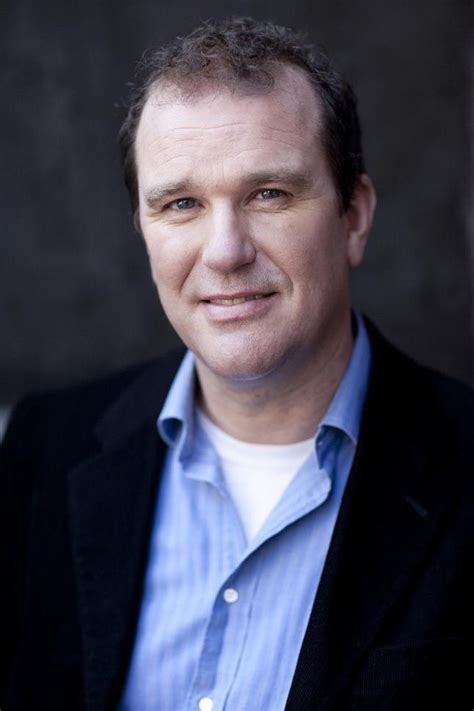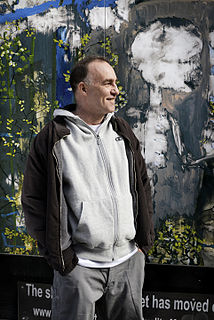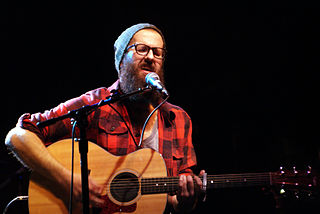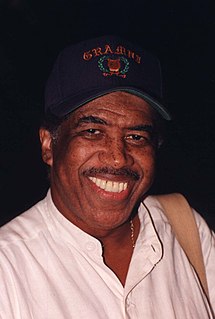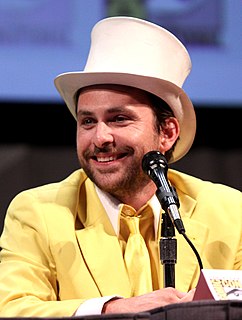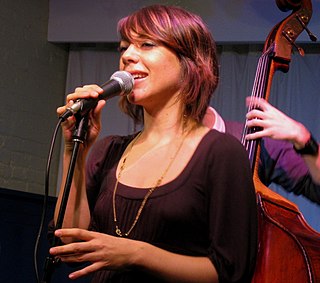A Quote by Ken Burns
I read cover to cover every jazz publication that I could and in the New York Times, every single day reading their jazz reviews even though I didn't put them in the films. I wanted to know what is going on.
Related Quotes
After 'Freaks and Geeks,' I dealt with several producers who wanted to cover up all my beauty marks, every single mole on my body. They tried to cover them on my first two episodes of 'Dawson's Creek,' and it just looked ridiculous, so I had to put my foot down. But it's not something I'm insecure about.
I have always loved jazz music and as a teen growing up in New York City and then later on as an adult have great memories of the jazz clubs that were all located on 52nd Street. I still catch as many jazz shows as I can when I am in New York. And when I perform, I have my jazz quartet by my side. Jazz musicians keep things spontaneous and very "live," which is the way I like to perform.
My job is to cover the hell out of the story, very aggressively. The real place to be courageous if you're a news organization is where you put your people to cover the story. It's making sure that you have people going to Baghdad. It's making sure that you figure out how to cover the war in Afghanistan. While the journalist in me completely stands with them, the editor of the New York Times in me thinks my job is to figure out what the hell happened and cover the hell out of it, and that's more important than some symbolic drawing on the front page.
When I got the opportunity to do the new wing [the Schauhaus] for the German Historical Museum, for instance, I didn't see it as an opportunity for my own ego, to do something so exciting that every architectural publication would want to put it on the cover. I accepted it because I knew it was going to be a very difficult project, and I wasn't sure I could do something exciting there.
In New York, I was excited about the music in New York because the only music that I was more or less involved with in the South was either country and western or hillbilly music as we used to call it when I was a kid and, ah, gospel. There was no, there was no in between. And when I got to New York all the other musics that's in the world just came into my head whether it was the classics, jazz, I never knew what jazz was about all, had heard anything about jazz.
I've loved Kevin McDonald's movies for a while and it was an amazing experience because he really wanted to do something different. It was by far one of the hardest things I've ever done, to wake up every single day and know that you're going to be freezing cold and wet, every single day, 10 times a day, and there's no getting away from it.
I visited New York in '63, intending to move there, but I noticed that what I valued about jazz was being discarded. I ran into `out-to-lunch' free jazz, and the notion that groove was old-fashioned. All around the United States, I could see jazz becoming linear, a horn-player's world. It made me realize that we were not jazz musicians; we were territory musicians in love with all forms of African-American music. All of the musicians I loved were territory musicians, deeply into blues and gospel as well as jazz.

